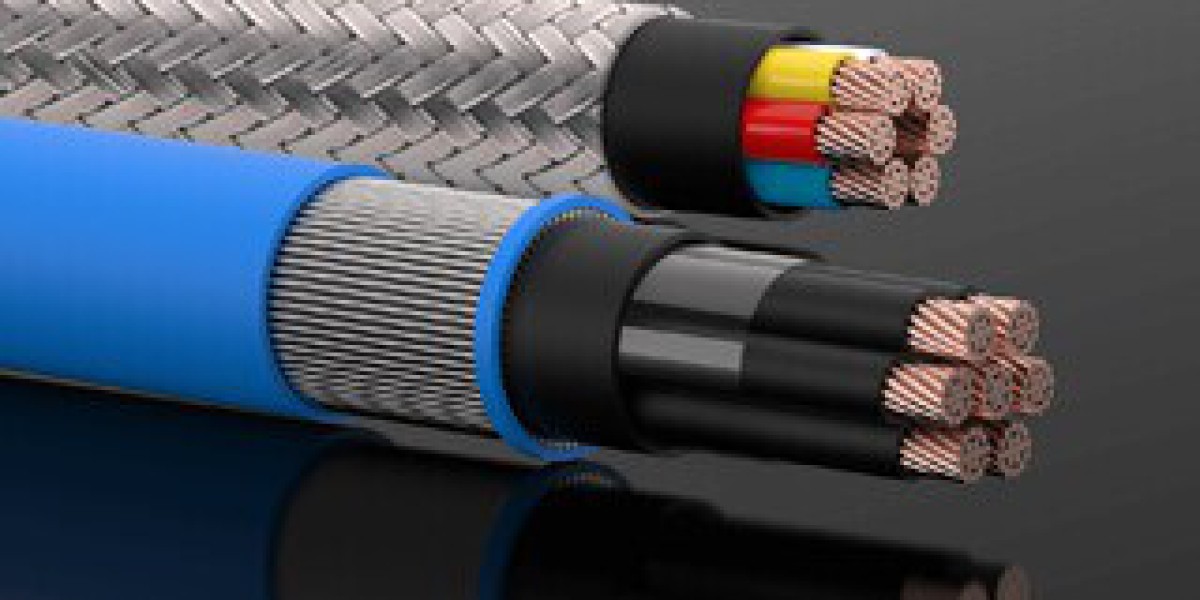In an age where precision and efficiency reign supreme, the role of temperature sensors in modern industries cannot be overstated. These sensors, often overlooked, play a pivotal role in a myriad of applications, ensuring safety, efficiency, and quality control. Notably, temperature sensor manufacturers in India, have made significant strides in advancing these essential components, contributing immensely to various global industries.
Understanding Temperature Sensors
At its core, a temperature sensor is a device that measures the amount of heat energy in a source, converting this data into a form comprehensible to humans or machines. These sensors come in various forms, including thermocouples, infrared sensors, thermistors, and more, each suited to different applications. The choice of sensor often depends on factors like temperature range, accuracy requirements, and environmental conditions.
The Industrial Prowess of Temperature Sensors
Manufacturing
In manufacturing, temperature sensors are crucial for maintaining the quality and integrity of products. For instance, in the automotive industry, they monitor paint curing, ensuring that the temperature remains within a specified range for optimal drying and adhesion. Similarly, in the pharmaceutical industry, these sensors ensure drugs and vaccines are produced and stored at appropriate temperatures, critical for maintaining their efficacy.
Food and Beverage
The food and beverage industry relies heavily on temperature sensors for food safety and quality. From monitoring cooking and storage temperatures to ensuring the correct pasteurization temperature in dairy processing, these sensors are indispensable. The accuracy of these sensors directly impacts the shelf life and safety of food products, making them a critical component in the industry.
Energy Sector
In the energy sector, temperature sensors play a vital role in both conventional and renewable energy sources. In solar power systems, they help optimize the performance of solar panels by adjusting their position relative to the sun's temperature shifts. In nuclear reactors, these sensors are crucial for monitoring reactor temperatures, a critical safety measure.
Environmental Monitoring
Environmental monitoring is another area where temperature sensors are vital. They are used in meteorological stations to record ambient temperature, which is fundamental in climate study and weather forecasting. Additionally, they are used in oceanography to monitor sea surface temperatures, which is crucial for studying marine ecosystems and predicting weather patterns.
Healthcare
In healthcare, temperature sensors ensure the proper functioning of critical equipment like incubators and autoclaves. They also monitor patient temperatures, vital sign that can indicate various medical conditions.
The Rise of Indian Manufacturers in the Global Scene
India has emerged as a significant player in the temperature sensor manufacturing industry. Indian manufacturers are known for producing a wide range of high-quality, cost-effective temperature sensors suitable for various industrial applications. Companies like Tempsens, a prominent Indian temperature sensor manufacturer have gained international recognition for their innovative products that cater to specific industry needs.
These manufacturers often collaborate with industries to develop custom solutions, ensuring that the sensors meet the unique requirements of each sector. Their ability to provide tailored, affordable, and efficient solutions has positioned them as go-to sources for temperature sensors worldwide.
Challenges and Future Directions
Despite their importance, temperature sensor manufacturers, including those in India, face challenges. These include keeping up with rapid technological advancements, adhering to various international standards, and dealing with environmental and sustainability concerns. Moreover, the increasing demand for IoT-enabled and smart temperature sensors presents both a challenge and an opportunity for innovation.
The future of temperature sensors in industries looks promising, with trends leaning towards the development of more accurate, smaller, and energy-efficient sensors. Additionally, the integration of sensors with AI and IoT is expected to offer unprecedented levels of data analysis and automation in industrial processes.
Conclusion
In conclusion, temperature sensors are an indispensable part of modern industries, playing a critical role in ensuring the safety, efficiency, and quality of products and services. The advancements made by temperature sensor manufacturers in India have been instrumental in meeting the diverse needs of these industries. As technology continues to evolve, the importance of these sensors is only set to increase, solidifying their position as a cornerstone of industrial innovation and reliability.
The role of temperature sensors in modern industries is a testament to the importance of seemingly small components in the grand tapestry of industrial advancement. Their impact is profound, and their evolution is a fascinating journey of technological progress and ingenuity.



